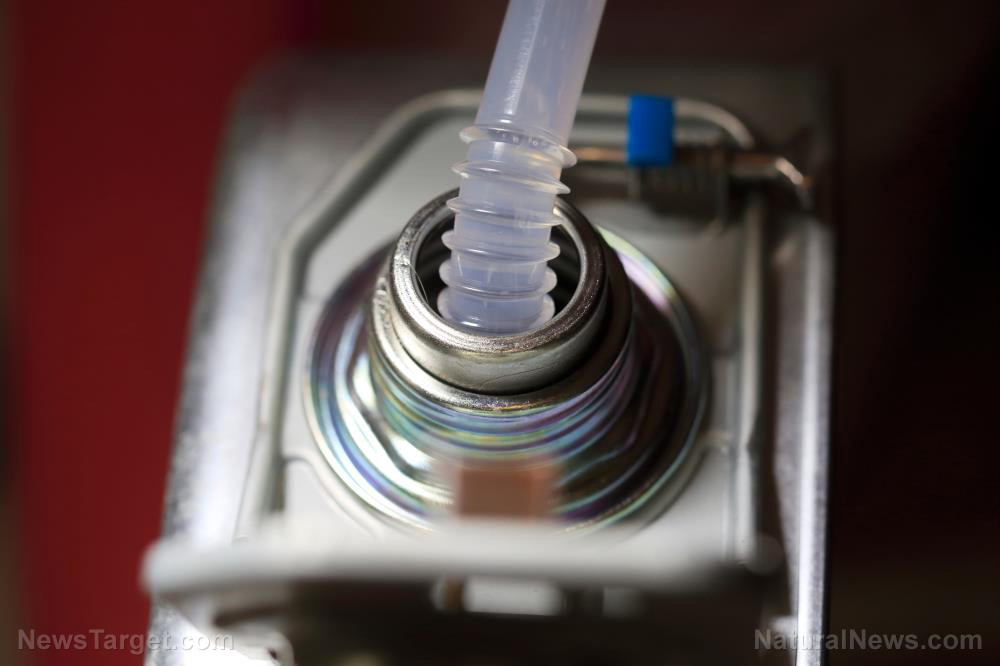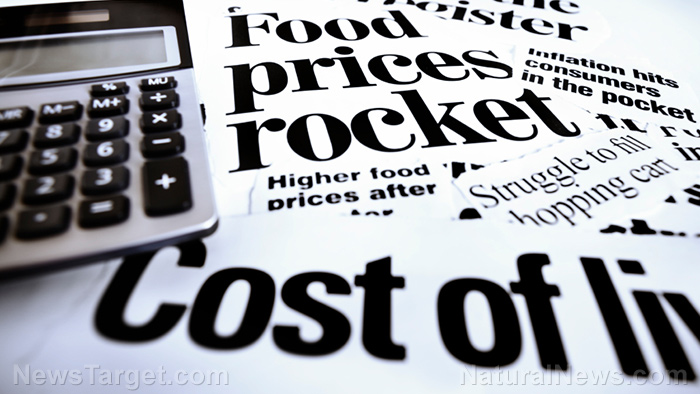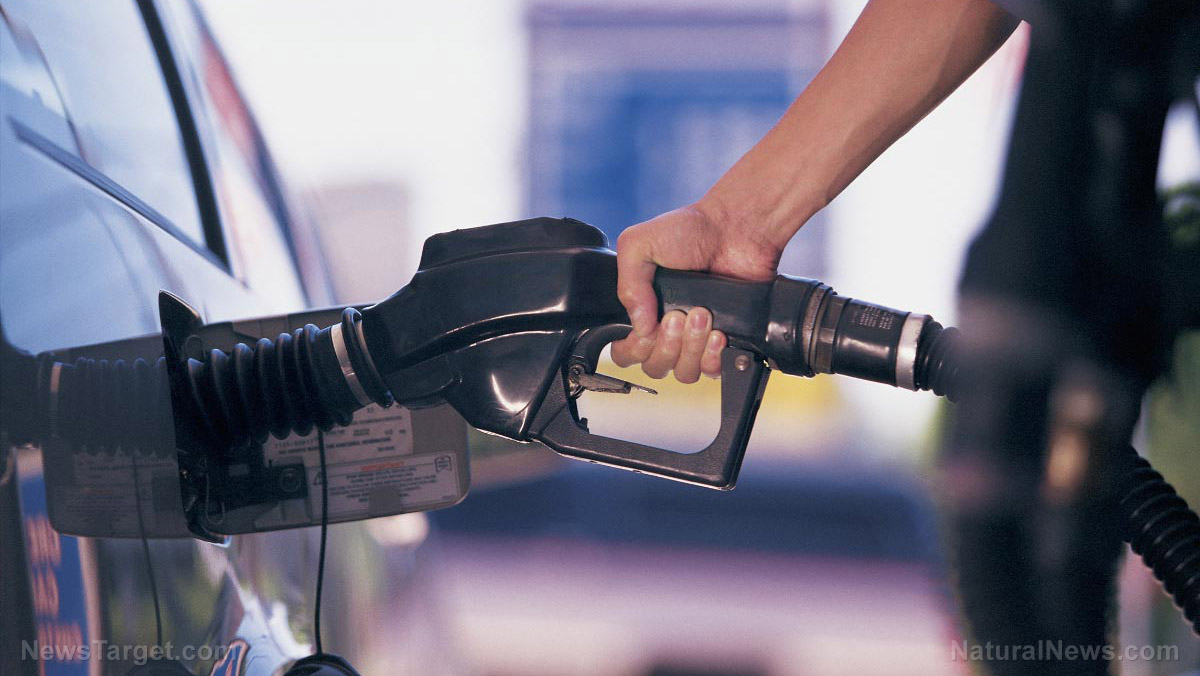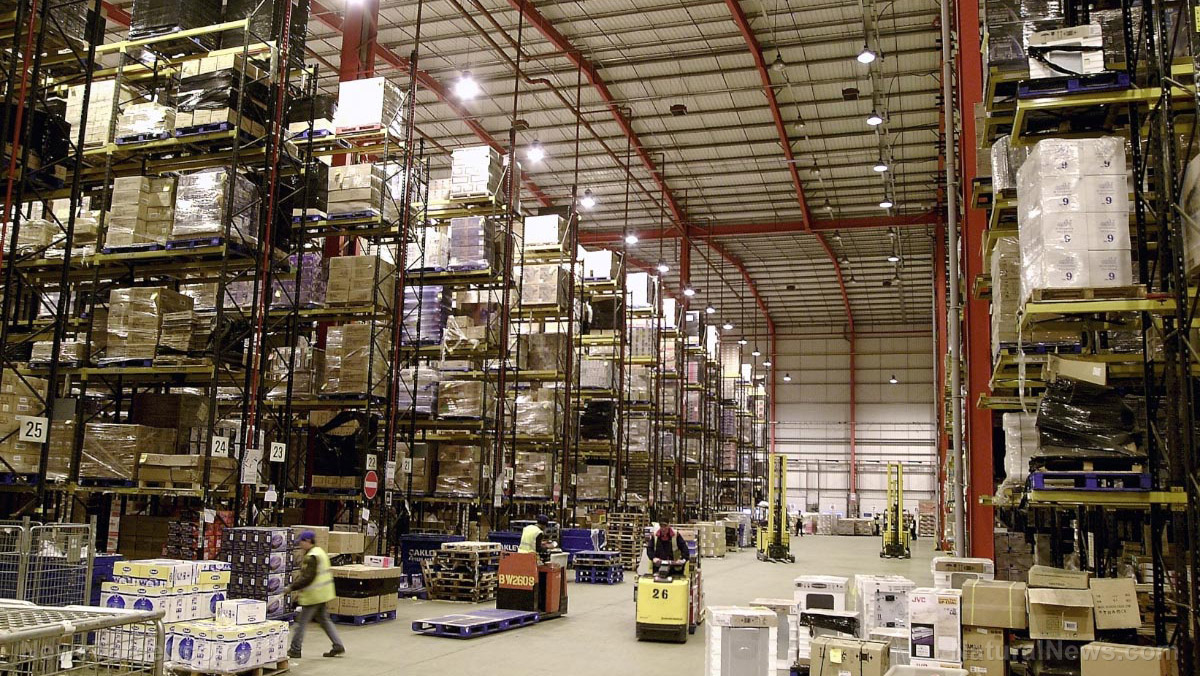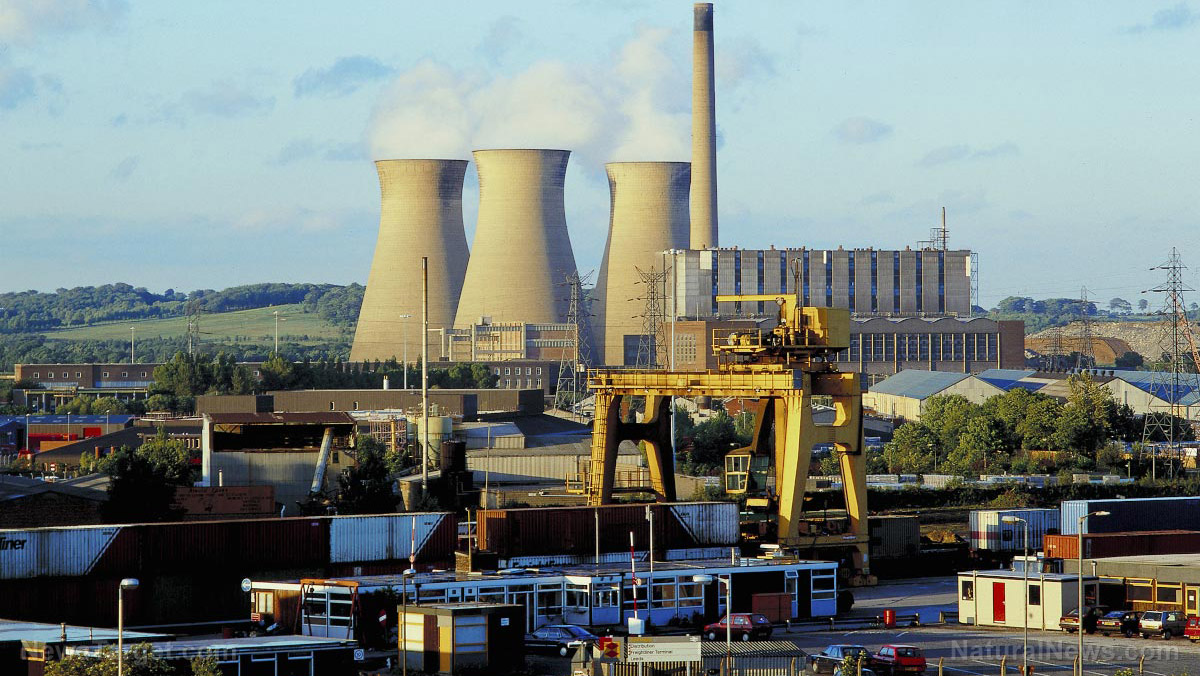Volkswagen to expand with six European battery factories by 2030
03/21/2021 / By Franz Walker

The world’s largest automaker Volkswagen AG (VAG) announced that it would invest in six large battery factories across Europe by 2030. The announcement highlights the automaker’s efforts to take advantage of the expected boom in electric vehicle sales.
The battery plants are expected to have a combined capacity of 240 gigawatt-hours a year. This would allow them to produce cells for almost 5 million cars annually, helping the German automaker achieve its ambitious electric vehicle goals.
VAG expects electric vehicles to account for 70 percent of vehicle sales in Europe and more than 50 percent of sales in the U.S. and China by the end of the decade.
Volkswagen shifts strategy to take control of battery production
Volkswagen’s plans to set up more battery plants was part of a shift in strategy that it announced Monday, March 15. The new strategy would see it take control of battery production and high-speed charging networks in the coming years.
As part of the new strategy, VAG announced the restructuring of its partnership with Swedish battery startup Northvolt AB, which it has a 20 percent stake in. The automaker will now increase that stake and order an additional $14 billion worth of batteries through 2030. Northvolt is set to produce high-end batteries for VAG’s premium cars and brands.
“Volkswagen is a key investor, customer and partner on the journey ahead and we will continue to work hard with the goal to provide them with the greenest battery on the planet as they rapidly expand their fleet of electric vehicles,” said Northvolt’s CEO and co-founder Peter Carlsson.
VAG will also acquire Northvolt’s stake in their joint venture in Salzgitter, Germany. The automaker is looking to take control of the Salzgitter battery plant in order to expand it and manufacture batteries for its mass-volume brands. By doing so, the company claims that it could achieve a cost savings of up to 50 percent.
“We aim to reduce the cost of the battery and at the same time increase its range and performance,” stated Thomas Schmall, Chairman of the Board of Management of Volkswagen Group Components.
According to VAG, it plans to build four additional battery factories in Europe by the end of the decade to secure a total of at least 240 gigawatt-hours of battery capacity as the company seeks to boost electric cars to 75 percent of its new car sales by 2030.
Demand for electric vehicle batteries could outpace supply in Europe
Automakers are struggling to secure supplies of batteries for electric cars as they scramble to meet tightening requirements on global carbon emissions.
On Monday, March 15, Chinese automaker Geely announced that it would spend $5 billion to build a new battery factory in Ganzhou, China. The new factory is set to have a capacity of 42 gigawatt-hours.
Industry leader Tesla, on the other hand, is moving to secure its supply further up the supply chain, making deals to secure supplies of the lithium and nickel used in batteries. This includes a deal to act as an industrial partner for a New Caledonia nickel mine where the company will be sourcing the metal from. (Related: Tesla secures deal to buy nickel from New Caledonia mine.)
In Europe, industry experts are predicting that vehicle production could outpace battery supply this year. This could result in European companies having to rely on Asian imports for the remainder of the decade.
“You’re going to have tightness to the end of the decade in Europe,” said Tim Bush, an analyst with UBS. “There will be a period of time where Asia will still be filling the gap between what Europe needs and what Europe has.”
With its aggressive moves, VAG could possibly be better poised to weather this expected shortage and even compete with Asian imports for electric vehicle batteries in the European market.
Follow NewEnergyReport.com for more news on electric vehicles.
Sources include:
Tagged Under: batteries, battery, cars, electric cars, electric vehicles, Europe, expansion, factory, investment, tesla, VAG, Volkswagen
RECENT NEWS & ARTICLES
PowerGrid.News is a fact-based public education website published by Power Grid News Features, LLC.
All content copyright © 2018 by Power Grid News Features, LLC.
Contact Us with Tips or Corrections
All trademarks, registered trademarks and servicemarks mentioned on this site are the property of their respective owners.

